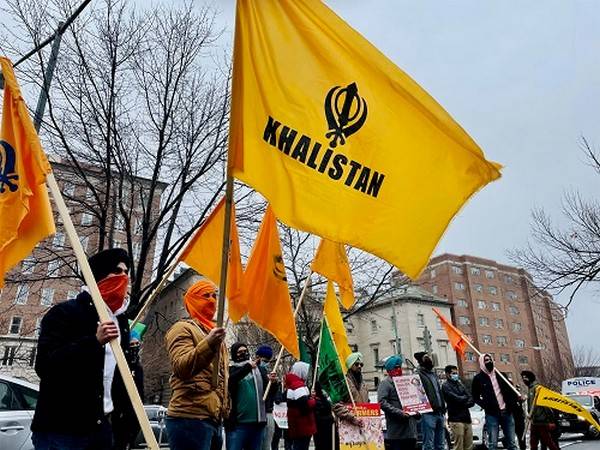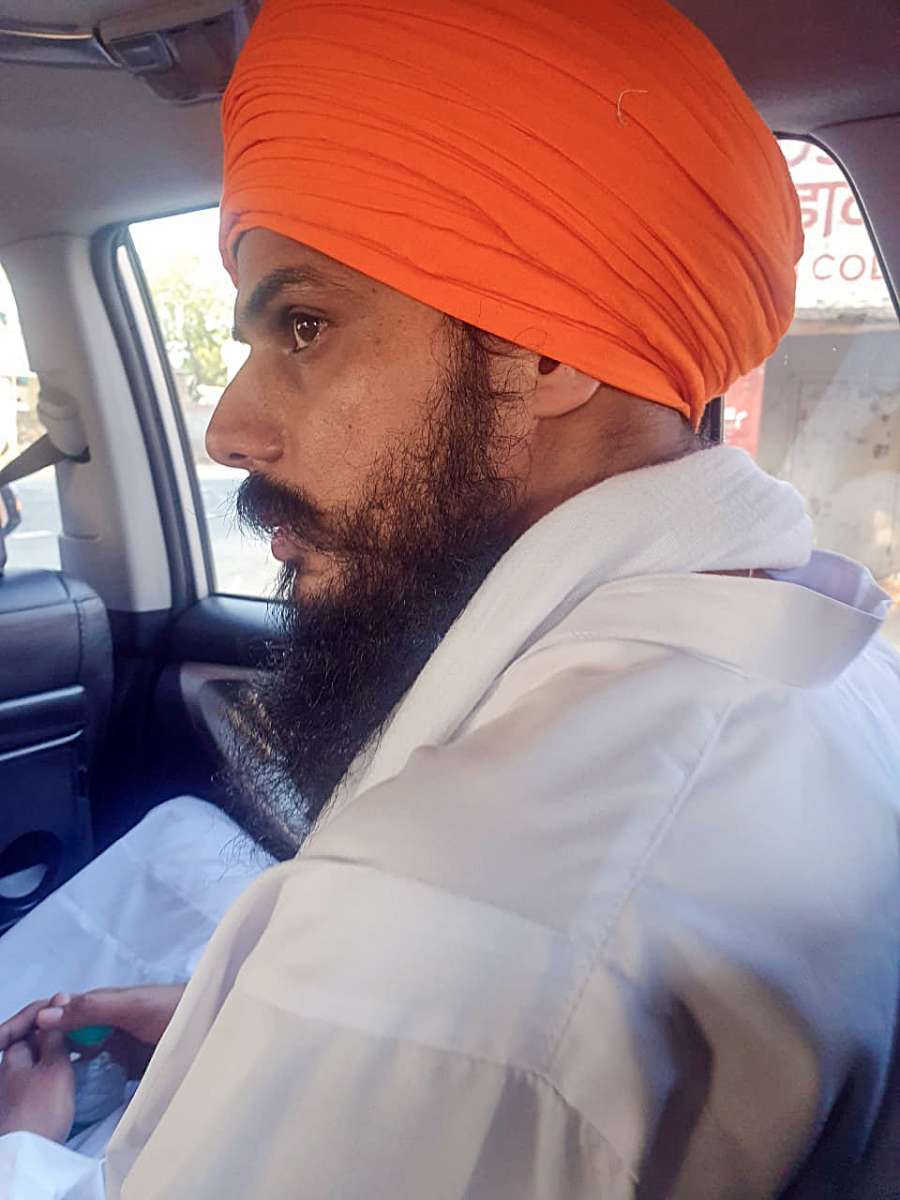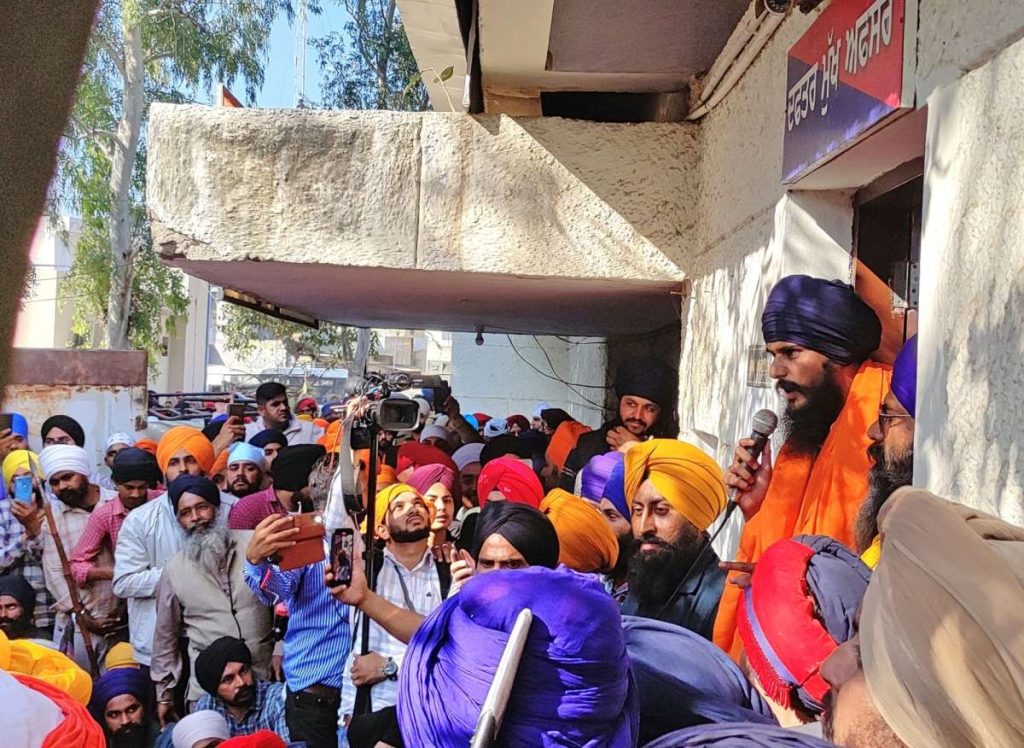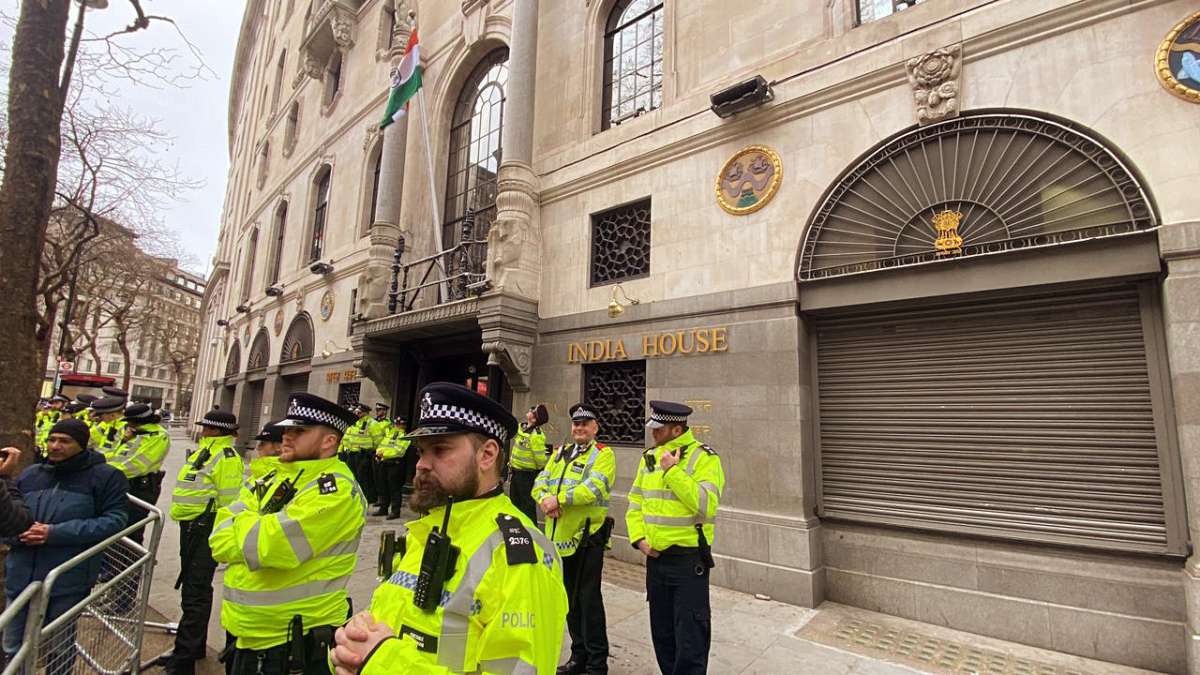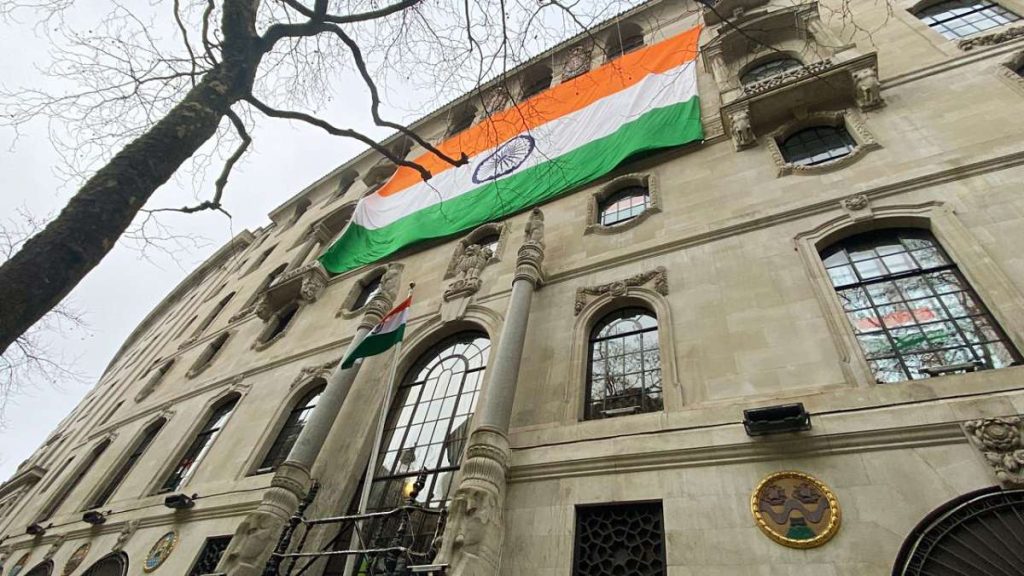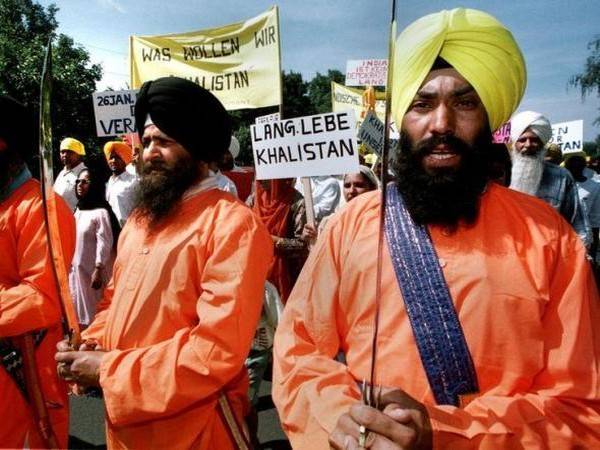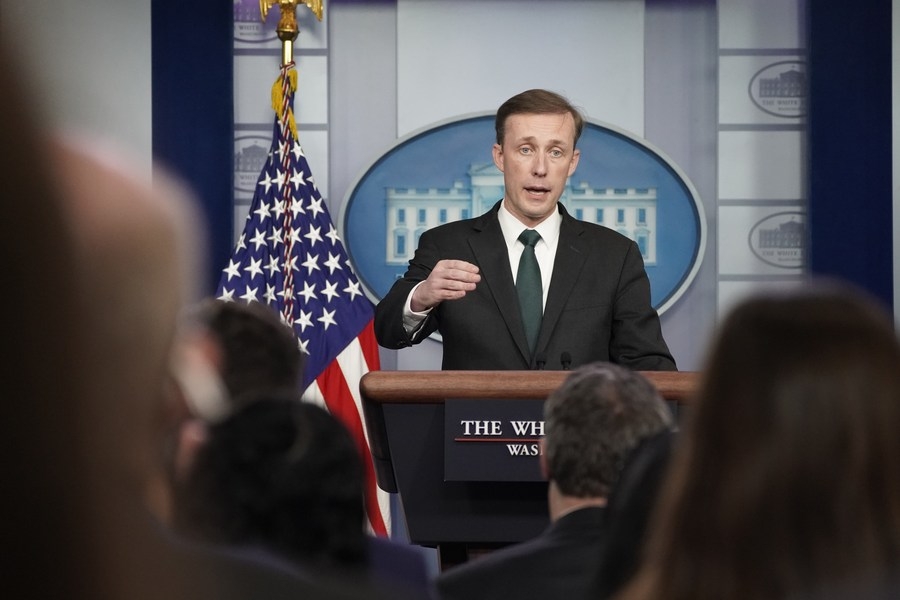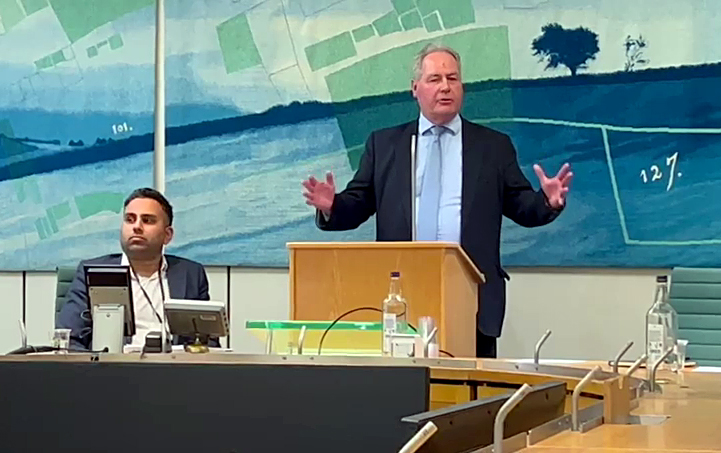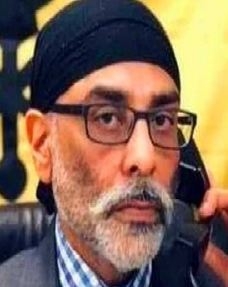PM Mod demanded comprehensive update on the concrete action taken by these foreign governments against the Khalistani elements before the G20 summit takes place..writes T Brajesh
Days after voicing concern over growing anti-India activities by pro-Khalistan extremists on foreign soil, during talks with various world leaders including the Prime Ministers of the UK and Australia, Prime Minister Narendra Modi wants to see strong, convincing and credible action by the foreign governments against these elements.
He is keen to see that governments in the UK, the United States, Canada and Australia have something “substantial, concrete and significant” to share with India in terms of action taken against the pro-Khalistan extremists.
PM Modi wants envoys and diplomats at the Ministry of External Affairs (MEA) and top officials of the Ministry of Home Affairs (MHA) and also ministers to keep interacting with their counterparts in these countries as a follow-up exercise on the action taken against the Khalistani extremists, diplomatic sources told The Sunday Guardian.
“After all, the heads of these countries have promised PM Modi to take strong steps against the elements who were found involved in anti-India activities abroad,” sources added. “Ministers, diplomats and security officials have been asked to mount pressure on these foreign governments in this regard during different meetings in India and abroad,” sources aware of the meetings at South Block told The Sunday Guardian.
National Security Advisor (NSA) Ajit Doval will also, in talks with his counterparts from the UK, the US, Canada, Australia and other countries, step up pressure for action against pro-Khalistan elements, sources added. Only a fortnight ago, NSA Doval discussed the heightened pro-Khalistan activity in the UK with Tim Ballow, who was on his way to Kerala to attend a G20 Sherpa meeting. “By the time the world leaders assemble here for the G20 Summit in September this year, there must be a comprehensive update on the concrete action taken by these foreign governments against the Khalistani elements.” This is the clear message from PM Modi, sources said.
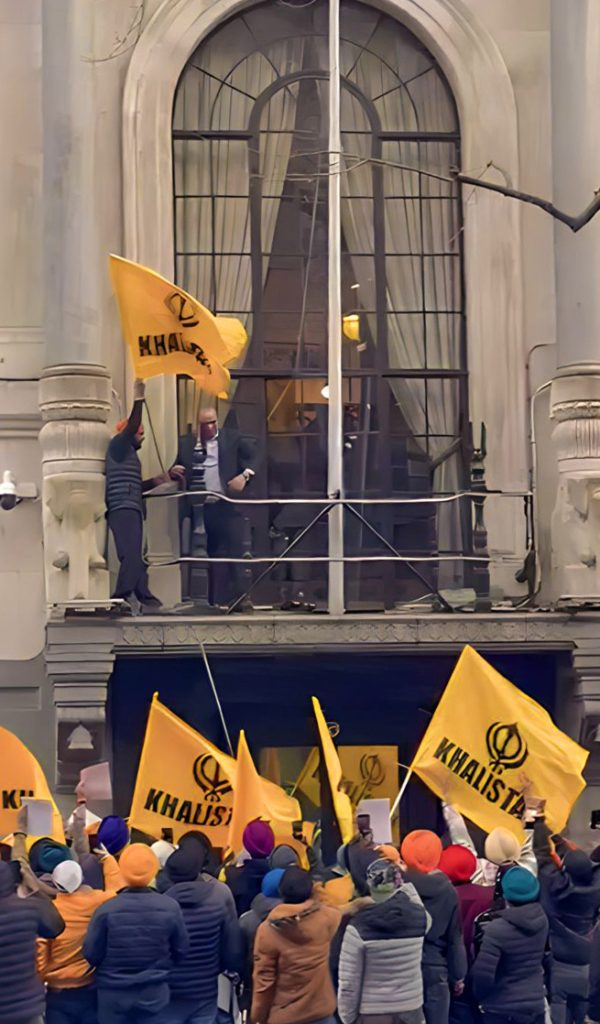
In a telephonic conversation with UK PM Rishi Sunak recently, PM Modi called for strong action against “anti-India elements”. Sources say PM Modi raised the issue of the security of Indian diplomatic establishments in the UK. “When PM Modi invited Sunak for the G20 summit soon after raising this issue during the conversation, the PM in fact indicated that India would want to hear something on the action part before the summit takes place,” said informed diplomatic sources.
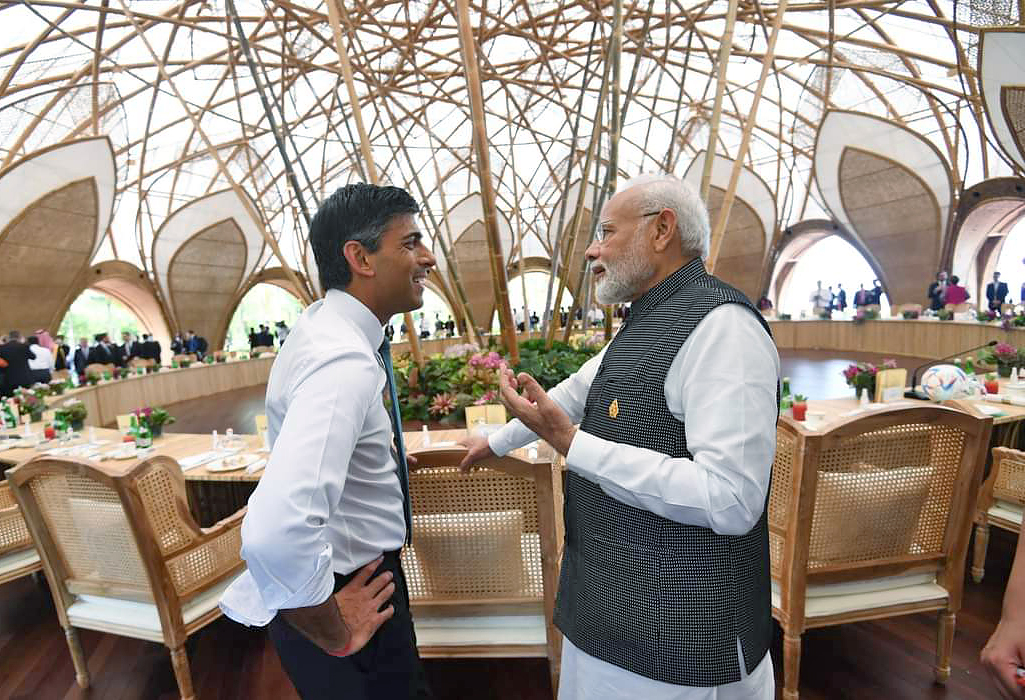
Sunak conveyed to the PM that the UK considered the attack on the Indian High Commission in London by Khalistani elements to be “totally unacceptable” and assured the security of the Indian mission and its personnel. “But the time for rhetoric is over, there must be tough action now,” officials said, referring to “the instructions that have come from the top government leadership” here.
PM Modi was equally serious about action against Khalistanis during talks with Australian PM Anthony Albanese. PM Modi raised the issue of vandalism of Hindu temples in Australia by Khalistani extremists. Sources said that Australia has already launched a massive crackdown against Khalistani sympathisers.
According to sources, the Australian high commission has briefed the Indian government that three Khalistani supporters have been detained in Melbourne by the police there, and more are being rounded up on the basis of inputs provided by those in custody. The government system in New Zealand is also reportedly taking action on similar lines.
During his meetings and talks with counterparts in the US, Canada, the UK, External Affairs Minister S. Jaishankar has been flagging the issue of anti-India activities by pro-Khalistan elements. Recently, he spoke on this issue with US Secretary of State Antony Blinken. Indian missions in London, British Columbia and San Francisco were vandalised by pro-Khalistan extremists following the police action against radical preacher Amritpal Singh in Punjab.
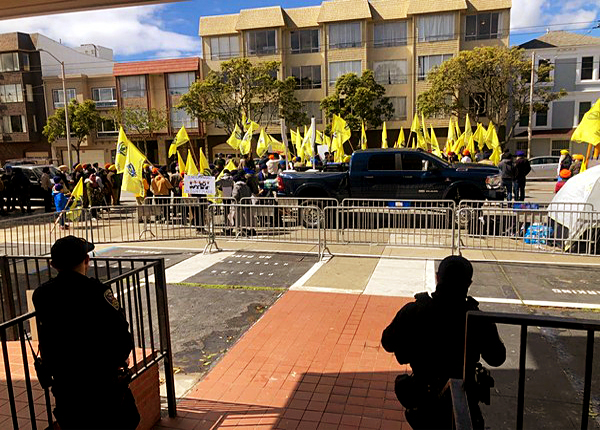
During talks with Canadian Foreign Minister Melanie Joly, two weeks ago, Jaishankar had put pressure on Ottawa seeking action against Khalistanis in Canada, terming the Khalistan issue as a national security concern for New Delhi.
The Canadian government is reported to have shared its action plan to be carried out against these elements in future. “However, India is waiting for reports on the actual action taken,” an official said.
In what is being viewed as part of the campaign to build pressure on foreign governments, Union Commerce Minister Piyush Goyal on 12 April called for action against Khalistani extremists for the attack on the Indian high commission in London. “Trade talks are underway but some credible action should be taken against the incident that happened in Britain,” said Goyal.
In another significant development that underlines the positive results of PM Modi’s diplomacy, a delegation of Sikh Americans told the visiting Union Finance Minister Nirmala Sitharaman recently that “the steps taken by PM Modi in the interest of the Sikh community, including their long-pending demands have resulted in the fizzling out of the separatist Khalistan movement”.
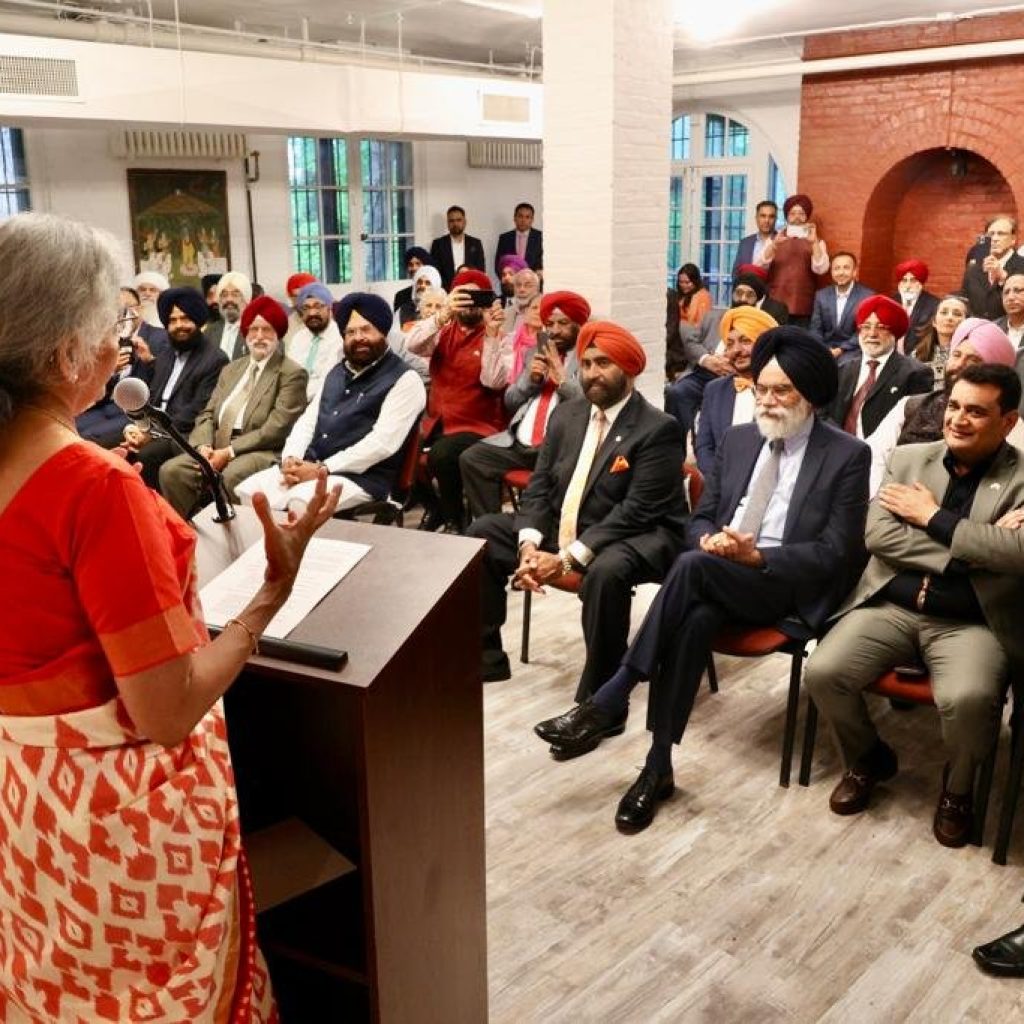
The delegation applauded the Modi government for being there for Sikhs and for implementing several demands for the Sikh community in the past nine years. It said that it is because of this, the Khalistan movement has fizzled out in the US. On this, diplomatic sources said, “The government here is waiting for a word from the Biden administration on the action taken in the US and on the over-all status.”
The Ministry of Home Affairs (MHA) is doing its part significantly in creating pressure on the UK and other countries to take action against the Khalistani extremists. MHA officials used the recently held India-UK Home Affairs Dialogue to discuss Khalistani activities in the UK and the protests and violent clashes at the Indian mission in London.
The dialogue, held in New Delhi, was led by Union Home Secretary Ajay Kumar Bhalla. The UK delegation was led by the Permanent Secretary Home Office, Sir Matthew Rycroft. The Indian officials asked their UK counterparts to keep a close eye on Khalistani activities in their country and take action against the accused accordingly. Sources said that UK officials were told that Khalistani activists were plotting terror activities to be carried out in India.
In a strong message to Britain, the Indian side conveyed its concerns over the misuse of UK asylum status by pro-Khalistan elements to aid and abet terrorist activities in India. New Delhi also assured better cooperation with London to enhance the monitoring of UK-based pro-Khalistan extremists.

